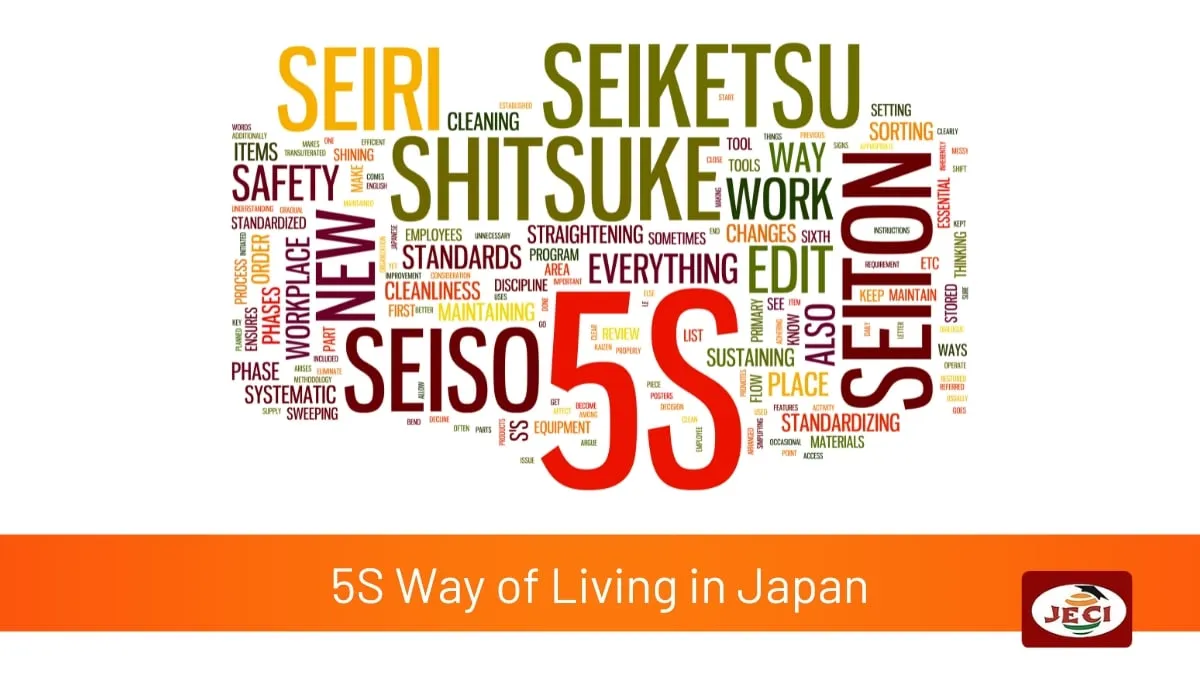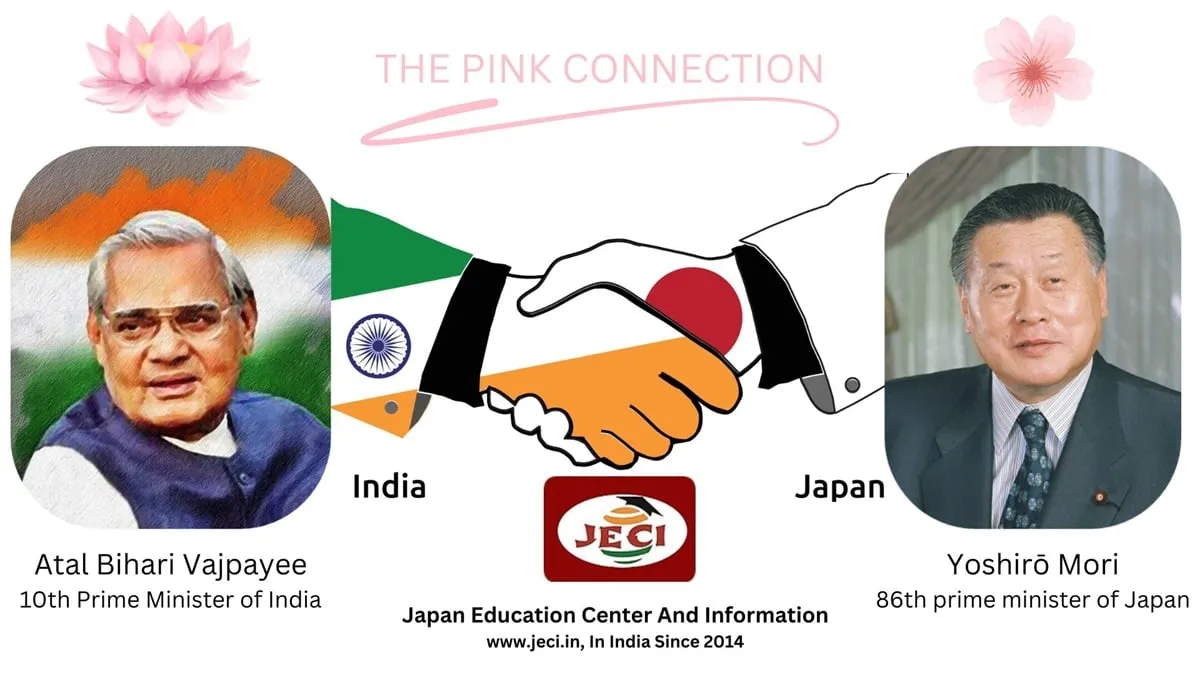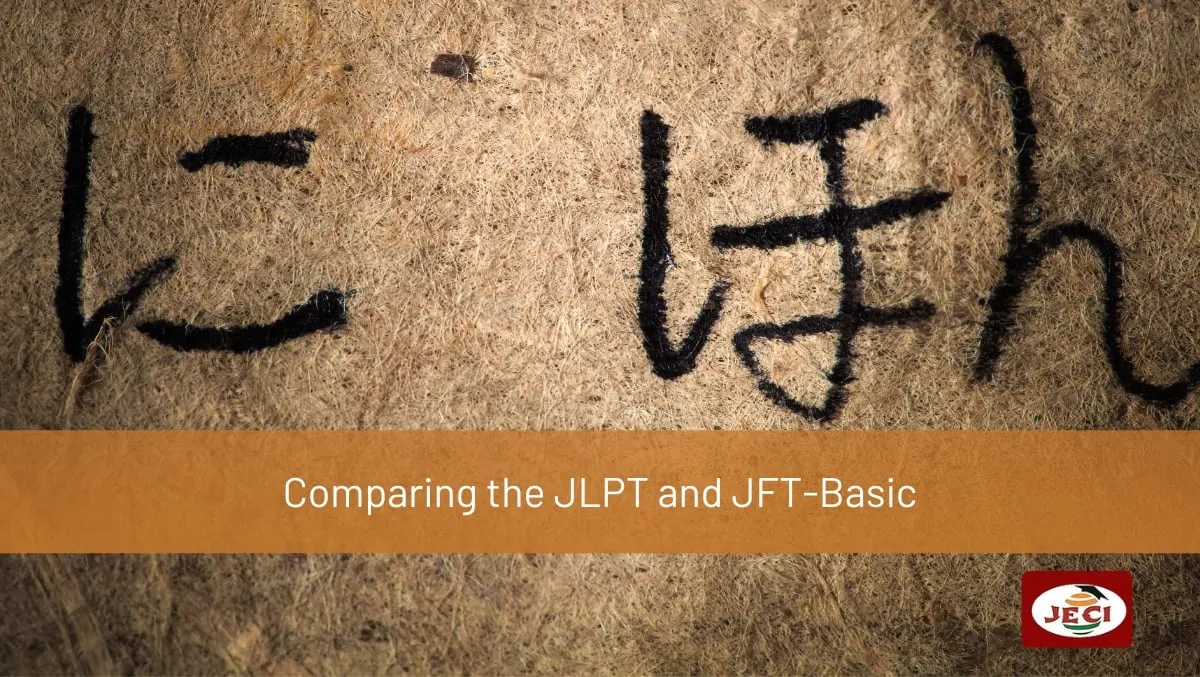The Shifting Landscape of Marriage in Japan
Factors Contributing to the Rise in Late Marriage and Singlehood. These are my thoughts and may differ from your perspective. Feel free to take a look and consider my observations, which are solely my own.
The trend of Japanese people getting married later in life has become a topic of interest and concern in recent years. The average age of marriage in Japan has steadily increased since the mid-20th century, with men now marrying at an average age of 31 and women at 29. This shift away from traditional early marriage is attributed to various factors, including changing social norms, increased financial pressures, and evolving expectations around gender roles.
One significant factor contributing to this trend is the changing attitude towards marriage and relationships among young people. With the rise of individualism and personal freedom, many young Japanese individuals prioritize their careers, personal growth, and independence over traditional societal expectations of marriage and family. Additionally, the increasing acceptance of singlehood and alternative lifestyles has led to a decrease in the stigma associated with being unmarried.
Another crucial factor is the economic instability and financial pressures faced by young people in Japan. The country's economy has been struggling with low growth and high unemployment rates, making it challenging for young couples to secure stable incomes and achieve financial stability. This has led to a shift away from traditional employment practices and a rise in irregular and part-time work, which can make it difficult for individuals to settle down and start a family.
Furthermore, changing gender roles and expectations have also contributed to the delay in marriage. Traditional gender roles in Japan emphasize the man as the breadwinner and the woman as the caregiver. However, with more women entering the workforce and seeking careers, the traditional gender dynamics are shifting, leading to a reevaluation of the roles and responsibilities within a marriage.
Finally, the decline in marriage rates has also led to a rise in singlehood, with some individuals opting to remain unmarried due to personal preferences or financial constraints. This shift towards a more individualistic society has led to a decrease in the importance placed on marriage and family.
In conclusion, the trend of Japanese people getting married later in life is a complex issue influenced by various factors, including changing social norms, economic pressures, evolving gender roles, and shifting attitudes towards marriage and relationships. As Japan continues to navigate these changes, it is essential to consider the implications on the country's demographics, social structures, and cultural values.
Thank you,
Capt. Raj Adhikary
Explore www.jeci.in to discover Japan Skill Excellence Centers for K-12 schools, Higher Education, and Vocational Training Institutes.



















